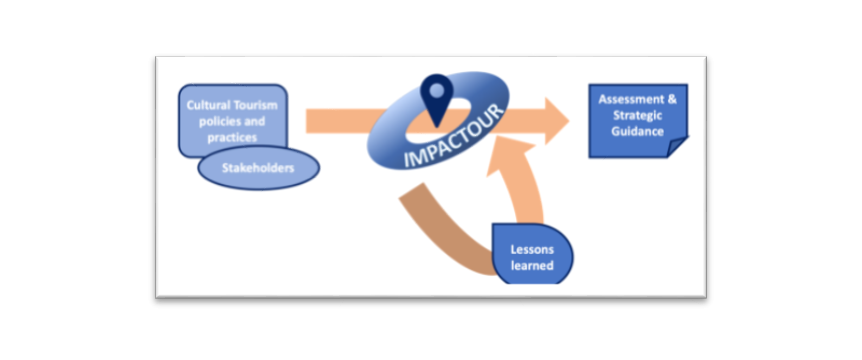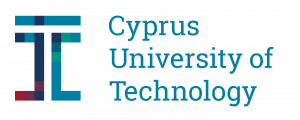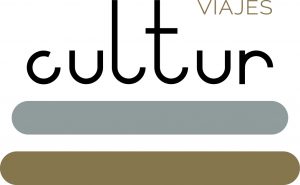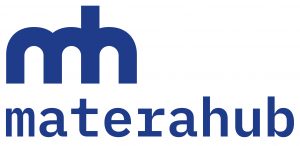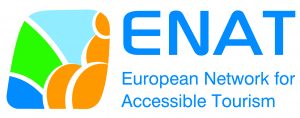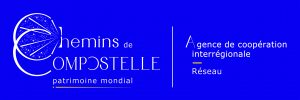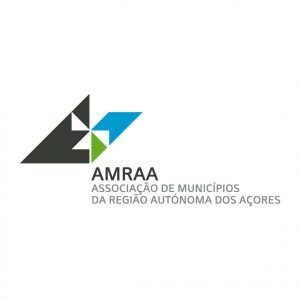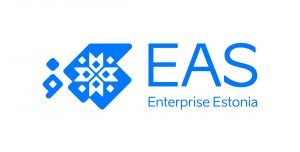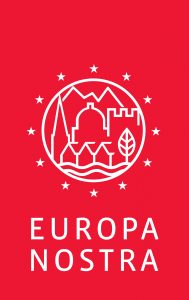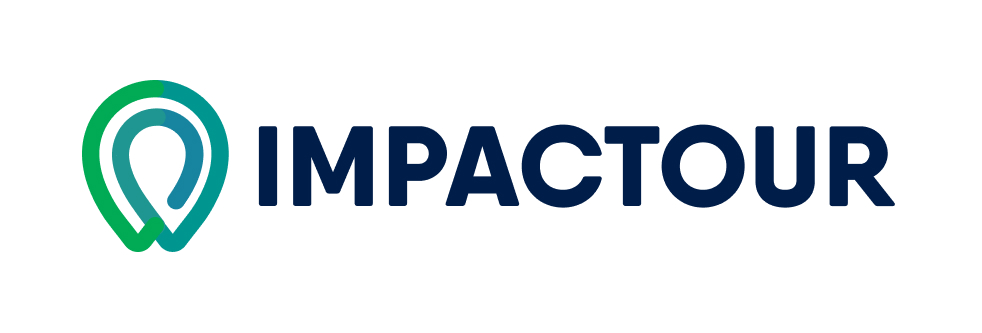IMPACTOUR – IMproving Sustainable Development Policies and PrActices to assess, diversify and foster Cultural TOURism in European regions and areas – is a project funded by the H2020 Framework Programme of the European Commission under Grant Agreement 870747and conducted from January 2020 until December 2022. It engages 12 partners and 2 associated partners from 10 European countries
TRANSROMANICA is an official project partner of the IMPACTOUR project that is funded through the EU Horizon 2020 Research and Innovation Programme. The project started on 1 January 2020 and is led by the NOVA University of Lisbon (Universidade NOVA de Lisboa).
- The IMPACTOUR project started on 1st January 2020..
- The project has received € 2.971.250 funding from the European Commission to “create an innovative and easy-to-use methodology and tool to measure and assess the impact of Cultural Tourism”.
- 12 project partners, from nine EU Member States work on the project, funded by the EU Horizon 2020 Research and Innovation Programme (from January 2020 to December 2022).
- The Kick-off-Meeting took place in Lisbon last January 28-29th.
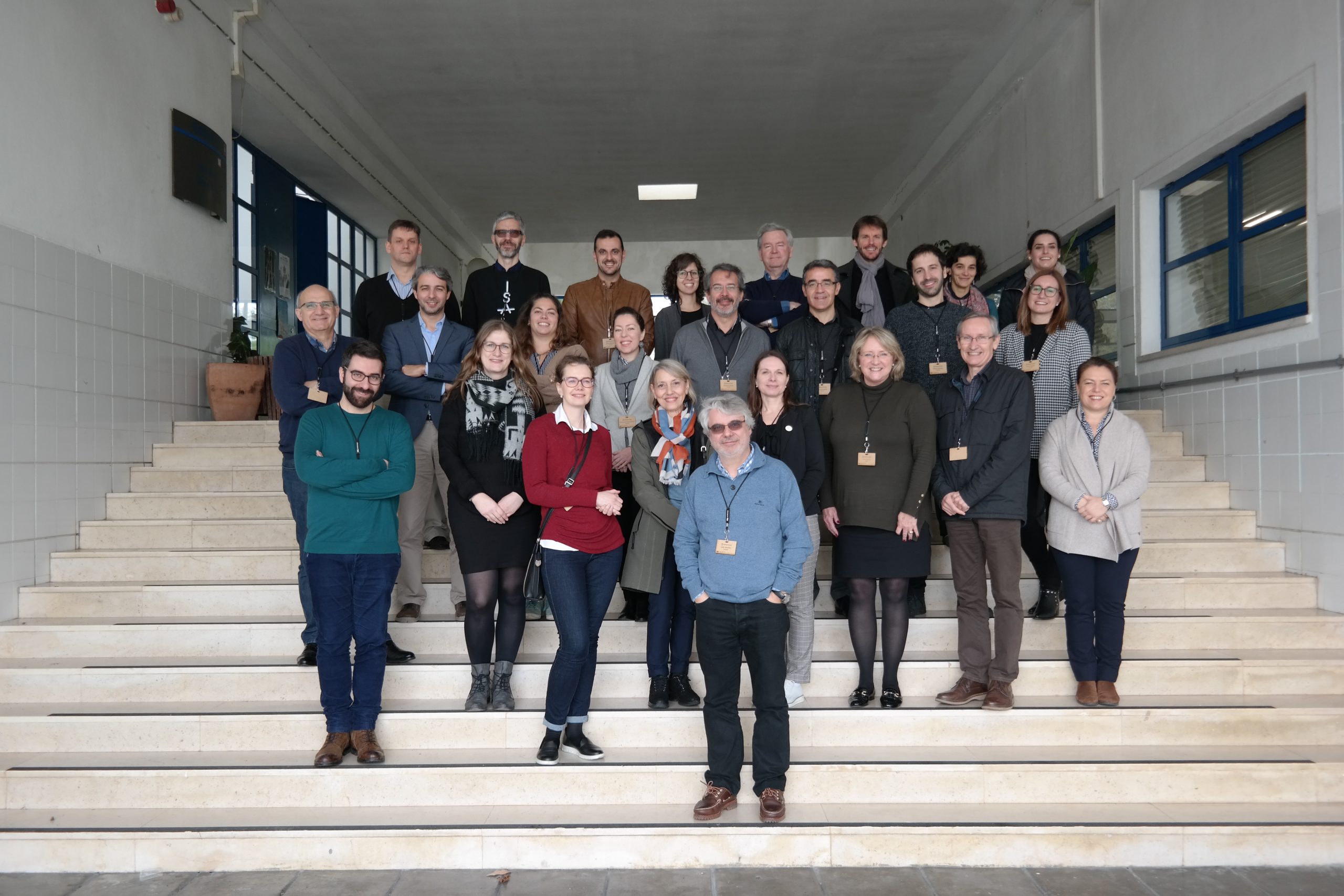
The main ambition of IMPACTOUR project is to create an innovative and easy-to-use methodology and tool to measure and assess the impact of Cultural Tourism (CT) on European economic and social development and to improve Europe’s policies and practices on CT, strengthening its role as a sustainable driving force in the growth and economic development of European regions.
CT has been recognized as one of the drivers of growth, jobs and economic development, as well intercultural understanding and social development in Europe regions and urban areas. However, there is still a knowledge gap on methods to measure different types of CT impacts and to assess multilevel and cross-border strategies, policies and practices contribution to sustainable development. IMPACTOUR proposes to bring together CT-related stakeholders and researchers to achieve new approaches taking advantage of the large amounts of information that confront policy-makers.
By identifying and comparing quantitative/qualitative pan-European information on CT forms and promotion, and by providing quantifiable evidence of CT strategies and their effect on European regions’ development and Europeanisation, IMPACTOUR will deliver an innovative methodology and tool (combining data analytics algorithms with artificial intelligence and machine learning strategies) providing CT stakeholders with strategic guidance so that policies and practices on CT can be improved.
IMPACTOUR will encompass a sustainable ecosystem by engaging Cultural Tourism stakeholders and following a participatory approach. IMPACTOUR tools and methods will lead to reinforcing the commitment with Europe CT, increasing citizens sense of belonging, valorisation of minority cultures, strengthening of identities and Europeanisation.
IMPACTOUR Methodology will be completed and tested with data coming from 15 Data Information Pilots and the IMPACTOUR tool will be validated in 5 Validation Pilots, with distinct characteristics spread around Europe.
The project will address the knowledge gaps concerning methods to measure different types of CT impacts and to assess multilevel and cross-border strategies, policies and practices contribution to sustainable development. IMPACTOUR will bring together CT-related stakeholders and researchers to take advantage of the large amounts of information that confront policy-makers.
By identifying and comparing quantitative and qualitative pan-European information on types of cultural tourism and promotion, and by providing quantifiable evidence of CT strategies and their effect on European regions’ development and Europeanisation, IMPACTOUR will deliver an innovative methodology and tool for destination managers. We will develop data analytics algorithms with artificial intelligence and machine learning strategies, providing CT stakeholders with strategic guidance so that policies and practices on CT can be improved.
IMPACTOUR will develop a sustainable ecosystem by engaging Cultural Tourism stakeholders and following a participatory approach. IMPACTOUR tools and methods will lead to reinforcing the commitment to enhance Europe as a cultural tourism destination, increasing local citizens’ sense of belonging, promoting minority cultures, strengthening identities and sense of belonging. IMPACTOUR Methodology will be completed and tested with data coming from 15 Data Information Pilots and the IMPACTOUR tool will be validated in 5 Validation Pilots, with distinct characteristics spread around Europe.
Further information you can find on the official webiste www.impactour.eu
The IMPACTOUR-project published 2 Newsletter so far:
No.1 – June 2020 – “Project Kick-off and the 1st IMPACTOUR-Webinar”
No.2 – December 2020 – “The end of the 1st project year and the COVID-19 pandemic”No.3 – June 2021 – “Webinars, Workshops and Pilot Sites”
No.5 – December 2022 – “Workshops, Conferences, Brochures and the IMPACTOUR Community”
No.6 – June 2023 – “IMPACTOUR Tool and Final Comference in Madrid”
In the following we introduce you to the lead partner/coordinator and the project partners of the IMPACTOUR project:
Coordinator: UNINOVA, Portugal
The main theme of UNINOVA is to pursue scientific research, technical development, high level training and the creation of new Technological Innovation centres and small size industries.
Partner: Fundacion Tecnalia Research & Innovation, Spain
Tecnalia is a private, independent, non-profit applied research centre of international excellence. Legally a Foundation, Tecnalia is the
leading private and independent research and technology organisation in Spain and one of the largest in Europe. TECNALIA has been granted over 396 patents and promoted more than 30 spin-off companies.
Partner: Technologiko Panepistimio Kyprou, Cyprus
The Cyprus University of Technology (CUT), is a university established in 2004. Its first intake of students took place in the academic year 2007–2008. It is one out of eight holders of the European University of Technology and is the result of the alliance of eight European partners who share in common the “Think Human First” vision towards a human-centred approach to technology and the ambition to establish a new type of institution on a confederal basis.
Partner: Cultur Viaes Patrimonio SL, Spain
CULTUR VIAJES is the agency of the Santa María la Real Historical Heritage Foundation , specialized in organizing high quality cultural tours. Their goal is to show heritage in a way that no one has taught before, in an entertaining and fun way but without losing scientific rigor. To achieve this they offer author routes , created and conducted by a team of expert historians. A sustainable cultural tourism with which will also be supporting the conservation of Cultural Heritage, since all our benefits are used for the general interest of the Foundation.
Partner: Institute of Baltic Studies, Estonia
The Institute of Baltic Studies (IBS) is an independent, non-profit policy research and development think tank in Estonia that aims at assisting the development of public policy in the Baltic Sea region by providing high-quality socio-economic analysis. Founded in 1996, IBS aims with its activities at contributing to the increase of knowledge and understanding of the development challenges and opportunities facing Estonia in particular and Baltic Sea region in general.
Partner: Consorzio Materahub Industrie Culturali e Creative, Italy
Materahub manages international pilot projects to support cultural and creative industries, encouraging innovation and inclusion processes and a new entrepreneurial vision to face contemporary challenges. It organizes several international Capacity Building activities, aimed at meeting and contaminating skills between local and international experts, entrepreneurs and policy makers. These are projects funded by the European Erasmus + programs, Cosme, Interreg, Horizion 2020, etc.
Partner: European Network for Accessible Tourism ASBL, Belgium
ENAT is a non-profit association for organisations that aim to be ‘frontrunners’ in the study, promotion and practice of accessible tourism. By leveraging the knowledge and experience of the network, our members are improving the accessibility of tourist information, transport, infrastructure, design and service for visitors with all kinds of access needs, providing models of excellence in accessible tourism for the whole of the tourism industry.
Partner: Agence de Cooperation Interregionale – Reseau Chemins de Saint-Jacques de Compostelle, France
The Compostela Pilgrim Ways Agency is an Association, set up according to the French law of 1901 and bringing together professional, lay, public-private and cultural bodies. It was registered with the Haute-Garonne Prefecture on 2nd February 1990. It corresponds to the desire of public authorities to share a common policy of territorial development based on culture and tourism. It is at the service of the Santiago routes and of the various, ever more numerous, publics which use them.
Partner: Associacao de Municipios da Regiao Autonoma dos Acores, Portugal
AMRAA is a local administration public body that works with all 19 municipalities in the Azores. Its main tasks are the implementation of coordinated public local policies with local authorities and the participation in intermunicipal projects, having in mind the main challenges of the Azorean municipalities in the regional, national and European contexts. The association is also a privileged partner for policy making initiatives, linked with the regional and national legislative process and withthe follow up of local public policies.
Partner: Ettevotluse Arendamise Sihtasutus (EAS), Estonia
Established in 2000, Enterprise Estonia (EAS) is a national foundation that aims to develop Estonian economy through three principal areas of activity: firstly developing Estonian enterprises and boosting export capacity, secondly increasing tourism revenue and thirdly bringing high value-added foreign investments to Estonia.
Partner: Europa Nostra, Netherlands
Since it was founded in 1963, Europa Nostra has celebrated, protected and lobbied for cultural heritage. It is today recognised as the most representative heritage non-profit organisation in Europe and was an official partner of the European Year of Cultural Heritage 2018. Europa Nostra acts as a relay between civil society and EU institutions, carrying out the crucial tasks of raising-awareness on the value of cultural heritage for Europe, advocating mainstream heritage into EU policies and securing adequate funding, as well as actively contributing to the EU policy debate and policy-making process.
This project has received funding from the European Union’s Horizon 2020 research and innovation programme under grant agreement No. 870747.



